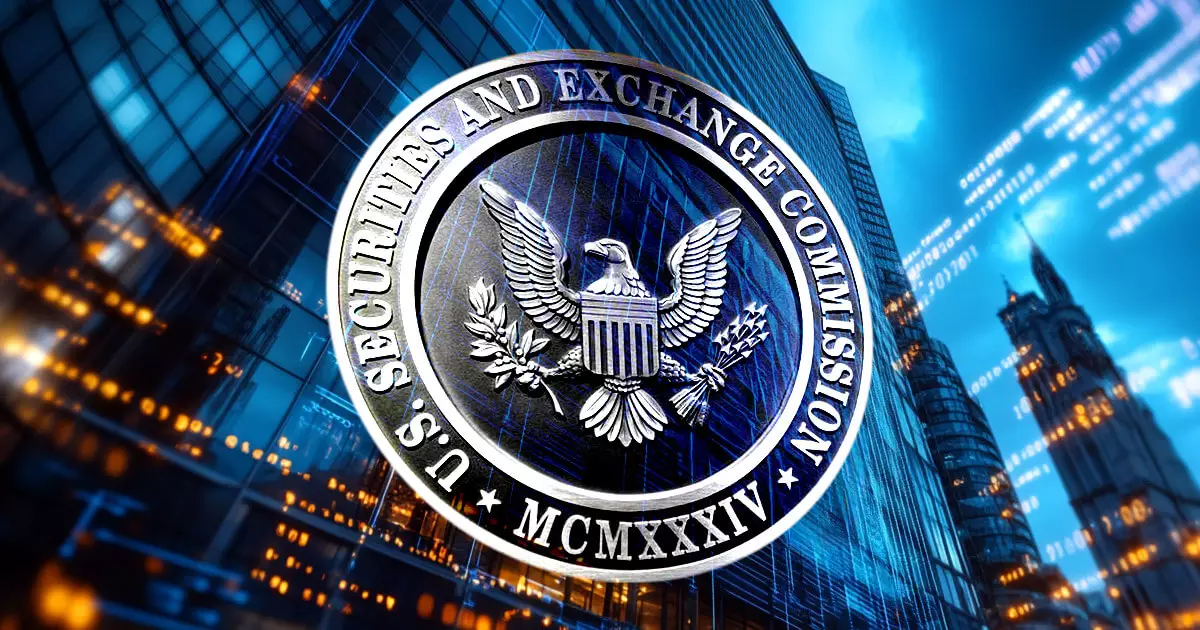The regulatory framework governing digital assets in the United States is witnessing a significant transition. The Securities and Exchange Commission (SEC) has aimed to revitalize its oversight mechanisms by establishing the Cyber and Emerging Technologies Unit (CETU), which replaced the prior Crypto Assets and Cyber Unit. This initiative underscores a broader shift in the SEC’s strategy towards regulating the blockchain and fintech sectors, emphasizing not just compliance, but also the enabling of innovation. This article delves into the motivations, structure, and potential impacts of this newly formed unit.
On February 20, 2023, the SEC announced the formation of the CETU, led by Laura D’Allaird, who brings her expertise from a high-ranking position within the Division of Enforcement. The move reflects a recognition that the landscape of financial crime is rapidly changing, largely due to technology’s evolution. The CETU is structured to tackle a variety of urgent issues, including AI-driven fraud schemes, social media manipulation, and cybersecurity compliance failures. By concentrating on these areas, the SEC aims to not only address existing misconduct but also foresee and mitigate potential future risks in a digital-first economy.
Acting SEC Chair Mark Uyeda articulated a vision that balances investor protection with the necessity for innovation, stating the intention to clear pathways for financial growth while safeguarding market integrity. This dual approach aims to fortify trust among investors and creators alike, ensuring that technological advancement does not come at the cost of security.
The CETU’s remit is astutely prioritized to tackle some of the most pressing issues in today’s digital financial ecosystem. Among its six focal points is the ongoing challenge of AI-driven fraud, which has been on the rise as scammers leverage advanced technologies to exploit vulnerabilities. Additionally, scrutiny over the intricacies of the dark web and social media manipulation reflects a sophisticated understanding of how technology can influence market behavior and deter compliance.
Another critical area of concern is the hacking of material nonpublic information, which can severely disrupt investor confidence and market efficiency. The ability of criminals to infiltrate financial institutions and gain unauthorized access to sensitive information poses a significant threat that the CETU is determined to counteract. Furthermore, the unit’s focus on brokerage account takeovers highlights the need for robust cybersecurity measures to protect individual investors.
While the outreach to address fraud specifically associated with crypto assets remains significant, the CETU’s mandate serves as a careful delineation between enforcing securities laws and targeting criminal activity in the evolving financial landscape.
The CETU’s establishment is also a response to the criticisms levelled against former Chair Gary Gensler’s epic litigation strategies, which some argue led to regulatory confusion in the cryptocurrency sector. The SEC’s balance between leading enforcement actions and providing clarity in regulatory guidelines was heavily scrutinized, and the CETU seems to acknowledge some of these critiques by embracing a more collaborative approach.
By working alongside Commissioner Hester Peirce’s Crypto Task Force, CETU is poised to leverage enforcement resources judiciously. This collaboration marks a pivotal step towards a more coherent regulatory environment that fosters innovation rather than stifling it.
This realignment and focus on cybersecurity reflect the SEC’s understanding of blockchain technology’s irreversible integration into the financial system. The evolution of the CETU signals a significant pivot towards mitigating risks while concurrently facilitating institutional involvement in digital asset markets. The agency is recognizing that innovation and security can go hand in hand, creating an ecosystem where both entrepreneurs and investors feel secure.
Conclusively, while the CETU’s formation is a promising move towards addressing complex and evolving challenges in the realm of digital finance, its long-term success will depend on its ability to maintain this balance efficiently and its adaptability to the speeding technological advancements in the fintech sector. This regulatory evolution may well define how the U.S. positions itself amidst growing global competition in blockchain innovation and digital asset management.

